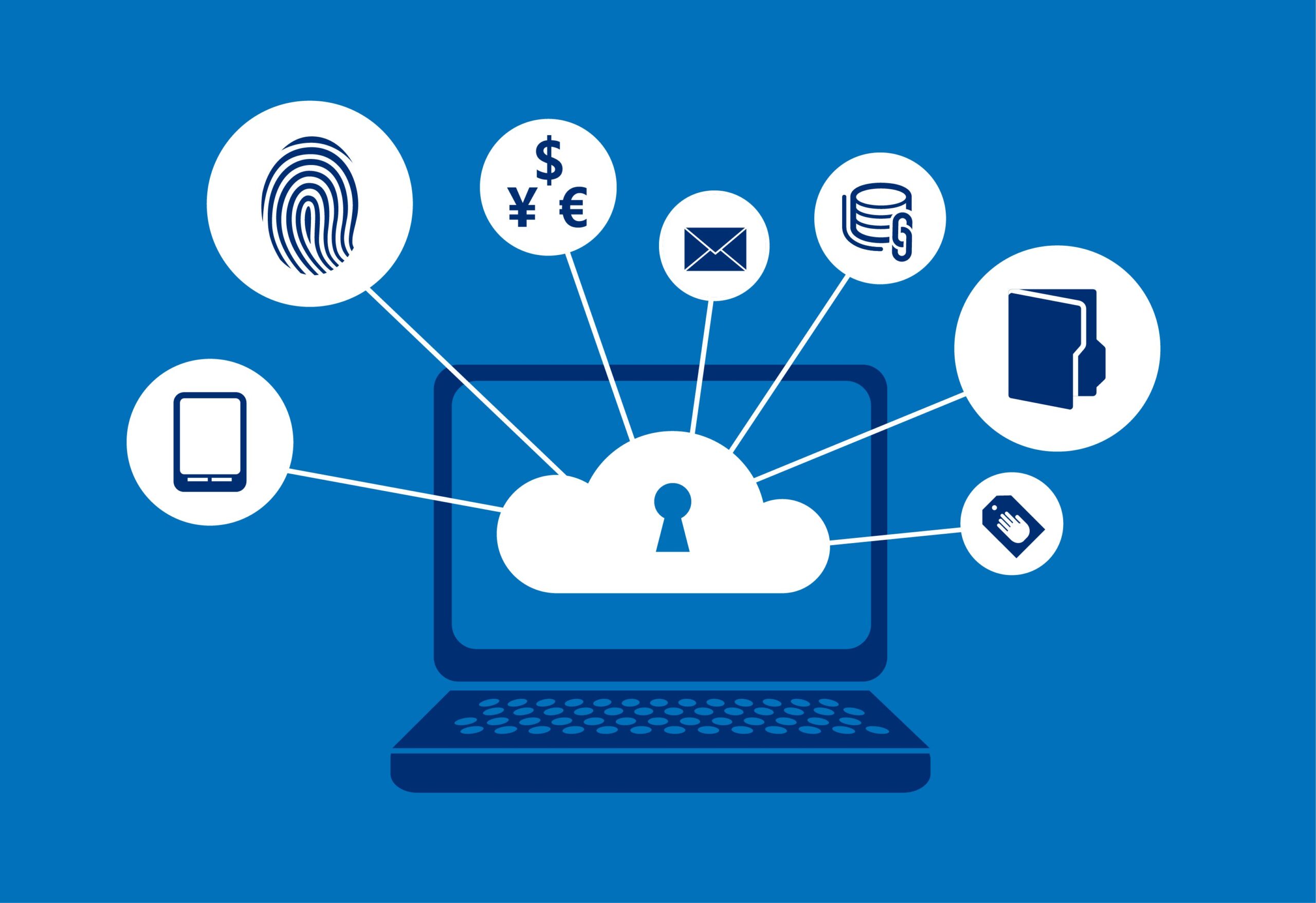In today’s rapidly evolving digital landscape, the significance of Data Privacy in EdTech cannot be overstated. As educational technology becomes increasingly integrated into classrooms, safeguarding student information has emerged as a critical concern for educators, parents, and policymakers alike. With the rise of online learning platforms, mobile applications, and data analytics, understanding how to protect sensitive student data is essential for fostering a safe and secure educational environment.
This article delves into the various aspects of data privacy in the EdTech sector, highlighting the challenges and best practices for protecting student information. Readers will gain insights into the legal frameworks governing data privacy, such as FERPA and COPPA, and learn about the responsibilities of educational institutions and technology providers. Furthermore, we will explore practical strategies that schools can implement to enhance data security and ensure compliance with privacy regulations.
As we navigate through the complexities of data privacy in education, we will also discuss the role of parents and students in safeguarding their own information. By understanding the potential risks and taking proactive measures, stakeholders can contribute to a more secure digital learning environment. Join us as we uncover the essential elements of Data Privacy in EdTech and empower yourself with the knowledge needed to protect student information in the digital age.
Understanding Data Privacy Regulations in Edtech
Data privacy regulations play a crucial role in the edtech landscape, ensuring that student information is protected from unauthorized access and misuse. Laws such as the Family Educational Rights and Privacy Act (FERPA) in the United States and the General Data Protection Regulation (GDPR) in Europe set stringent guidelines for how educational institutions and technology providers handle personal data. These regulations mandate transparency in data collection practices and grant students and parents rights over their information.
Compliance with these regulations is essential for edtech companies to build trust with users. Failure to adhere to data privacy laws can result in severe penalties and damage to reputation. Therefore, understanding the nuances of these regulations is vital for both educators and technology providers to ensure that they are safeguarding student data effectively.
The Role of Data Encryption in Protecting Student Information
Data encryption is a fundamental technology used to protect sensitive information in the digital age. In the context of edtech, encryption ensures that student data is rendered unreadable to unauthorized users, thus safeguarding it from potential breaches. By employing strong encryption protocols, educational institutions can secure data both in transit and at rest, minimizing the risk of exposure during data transfers or storage.
Moreover, encryption not only protects personal information but also enhances the overall security posture of edtech platforms. As cyber threats continue to evolve, implementing robust encryption measures becomes increasingly important for maintaining the confidentiality and integrity of student data.
Best Practices for Data Collection and Management in Edtech
Effective data collection and management practices are essential for protecting student information in edtech. Educational institutions should adopt a minimal data collection approach, gathering only the information necessary for educational purposes. This practice not only reduces the risk of data breaches but also aligns with privacy regulations that emphasize data minimization.
Additionally, implementing strong access controls and regular audits can help ensure that only authorized personnel have access to sensitive data. Training staff on data privacy best practices is also crucial, as human error is often a significant factor in data breaches. By fostering a culture of privacy awareness, educational institutions can better protect student information.
The Importance of Parental Consent in Edtech
Parental consent is a critical aspect of data privacy in edtech, particularly when it comes to collecting information from minors. Many regulations, including COPPA (Children’s Online Privacy Protection Act), require that educational technology providers obtain verifiable parental consent before collecting personal data from children under the age of 13. This requirement underscores the importance of involving parents in the data collection process.
By ensuring that parents are informed about what data is being collected and how it will be used, edtech companies can foster trust and transparency. Providing clear and accessible privacy policies is essential for helping parents make informed decisions regarding their children’s data privacy.
The Impact of Data Breaches on Educational Institutions
Data breaches can have devastating consequences for educational institutions, affecting not only the security of student information but also the institution’s reputation and financial stability. When a data breach occurs, it can lead to the exposure of sensitive information, including academic records and personal identification details, which can be exploited by malicious actors.
Furthermore, the fallout from a data breach often includes legal repercussions, regulatory fines, and loss of trust from students and parents. Institutions must therefore prioritize data security measures and incident response plans to mitigate the risks associated with potential breaches and to protect their stakeholders.
Future Trends in Edtech Data Privacy
The landscape of data privacy in edtech is continually evolving, driven by advancements in technology and changing regulatory frameworks. Emerging trends such as artificial intelligence and machine learning are being integrated into educational platforms, raising new questions about data privacy and security. As these technologies become more prevalent, it is essential for edtech companies to stay ahead of potential privacy challenges.
Additionally, the growing emphasis on data ethics and responsible data use is shaping the future of edtech. Stakeholders are increasingly advocating for transparency and accountability in data practices, pushing for a more ethical approach to data management. As the digital age progresses, the commitment to protecting student information will remain a top priority for educational institutions and technology providers alike.
| Aspect | Description |
|---|---|
| Introduction | The rise of educational technology (EdTech) has transformed learning environments, but it also raises significant concerns regarding the privacy and security of student data. |
| Types of Data Collected | EdTech platforms often collect personal information, academic records, behavioral data, and even biometric data from students. |
| Legal Frameworks | Various laws, such as FERPA (Family Educational Rights and Privacy Act) in the U.S. and GDPR (General Data Protection Regulation) in Europe, govern the collection and use of student data. |
| Data Breaches | Data breaches in EdTech can lead to unauthorized access to sensitive student information, resulting in identity theft and other malicious activities. |
| Best Practices for Data Protection | Implementing strong encryption, regular security audits, and data minimization strategies can help protect student information. |
| Parental Consent | Obtaining informed consent from parents or guardians is crucial before collecting or processing student data, especially for minors. |
| Transparency and Accountability | EdTech companies should be transparent about their data practices and hold themselves accountable for protecting student information. |
| Future Trends | As technology evolves, new challenges and solutions for data privacy in EdTech will emerge, necessitating ongoing vigilance and adaptation. |
This HTML document provides a structured overview of data privacy in EdTech, highlighting key aspects and best practices for protecting student information in the digital age.



